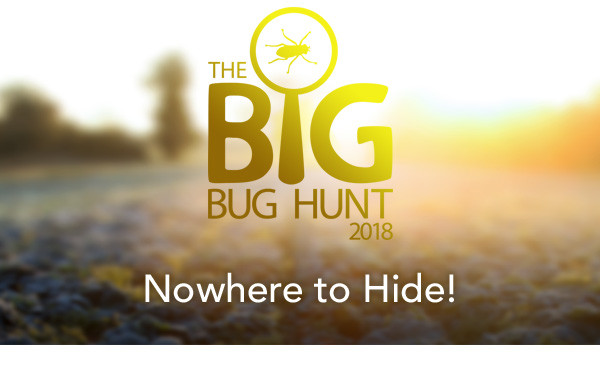
|
||||||||
| Welcome to the Big Bug Hunt 2018 international research project newsletter! | ||||||||
The search for bugs requires a little detective work, especially early
on in the growing season. Fellow Big Bug Hunters: We call on you to
look beyond the obvious and seek out every hidey-hole, nook and cranny
where bugs may lurk!
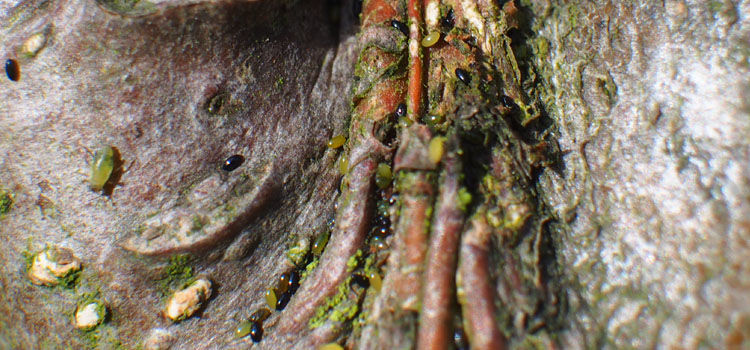 Sharpen your senses and observe closely. Potential pests may be found in leaf axils (where leaves join the stem), in the ground around plants, on the undersides of leaves or hidden under slabs, lumber and other garden objects. Check regular hangouts too, including young shoots, buds and leaf tips. Discovering pests before they get out of hand will give you and your plants a distinct advantage. Whenever you find a bug, whether garden pest or beneficial bug, please take a moment to report it. Remember, every report helps to develop a better understanding of how bugs appear and spread. |
||||||||

|
||||||||
|
||||||||
|
||||||||
 Ones to WatchButterflies and bees bring color and movement to the garden. They’re also essential pollinators. Don’t forget to let us know when you see them! |
||||||||
|
||||||||
| Learn more about these and other pests, plus beneficial bugs here. | ||||||||
 |
||||||||
| Thanks for connecting with us. If you have any further questions or suggestions, please don't hesitate to get in touch via our contact form. | ||||||||
|
Sunday, April 22, 2018
The Big Bug Hunt 2018: Nowhere to Hide!
Subscribe to:
Post Comments (Atom)
Popular Posts
-
This post first appeared on January 3. On January 24, it was reverted to a draft and rescheduled to post at 9:30 on the morning of the...
-
A large majority of the folks who are against the new Washington Street Wesleyan bookstore/Starbuck proposal are part of a local ...
-
Mayor Drew losses his cool at PRC meeting Tonight, at the Personnel Review Committee (PRC) meeting Councilwoman Deborah Kleckowski requ...
-
Local Middletown resident to star in blockbuster movie! Middletown- Jersey Films and director Brian Sonnenfeld have announced that th...
-
Something about Councilwoman Mary Bartolotta (D) is that she doesn't understand a conflict of interest when a potential one is starin...

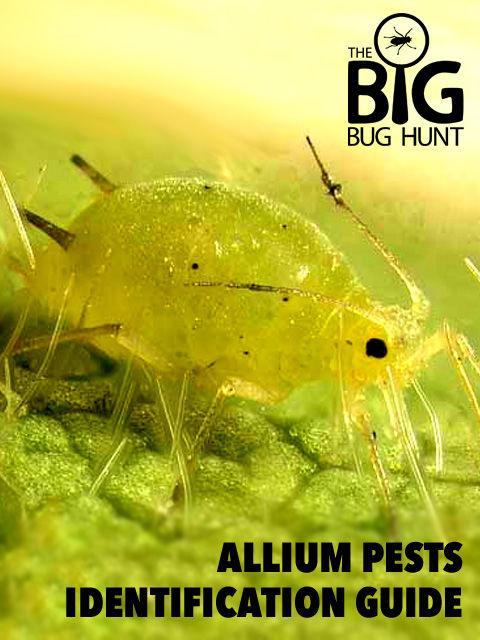
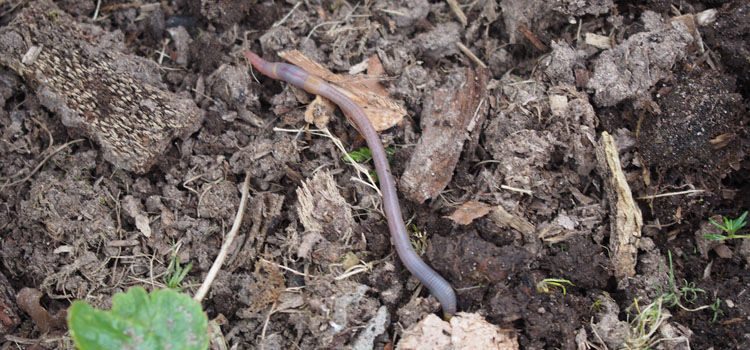

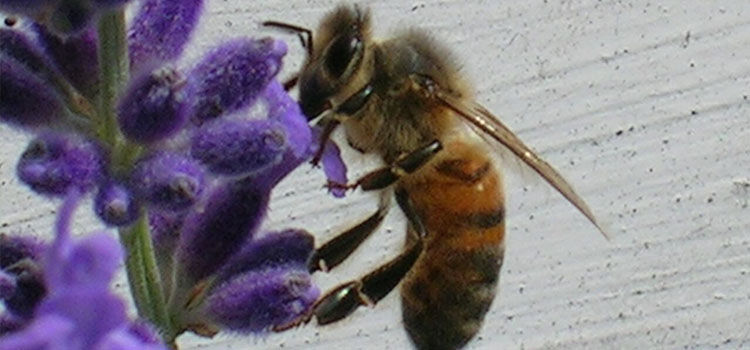
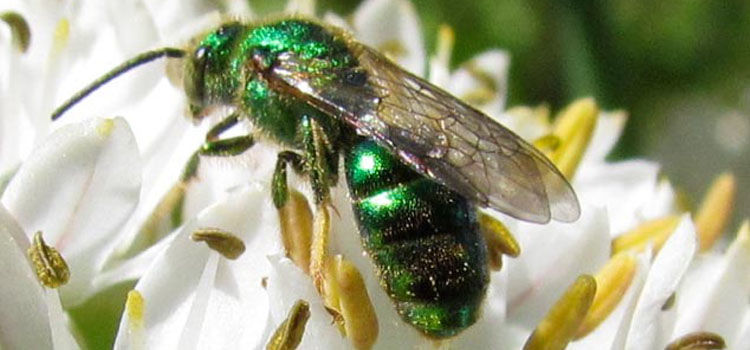





No comments:
Post a Comment
Authors of comments and posts are solely responsible for their statements. Please email MiddletownInsider@gmail.com for questions or concerns. This blog, (and any site using the blogger platform), does not and cannot track the source of comments. While opinions and criticism are fine, they are subject to moderator discretion; slander and vile attacks of individuals will not to be tolerated. Middletown Insider retains the right to deny any post or comment without explanation.